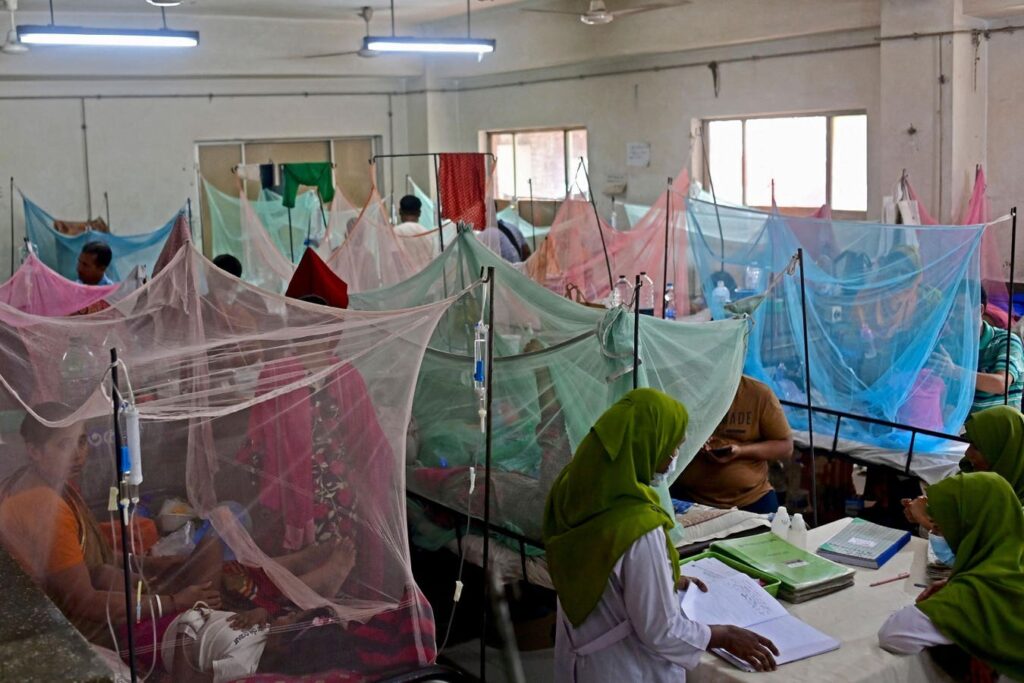
Dengue Infections Soar Globally While Prevention And Treatment Options Fade
The rise in dengue infections worldwide is a cause for concern as the availability of effective prevention and treatment options seems to be dwindling. The absence of an approved vaccine and lack of adequate treatments have left authorities scrambling to mitigate the impact of this growing health threat.
As the disease spreads globally, it has become clear that the United States will not experience major epidemics similar to those in Latin America and Southeast Asia due to factors such as air-conditioning, indoor plumbing, and window screens. However, smaller local outbreaks like those seen in Key West, Florida (2009-2010) and Hawaii (2015-2016) remain a possibility and would put immense pressure on healthcare systems.
In recent years, there have been some promising developments in the fight against dengue fever. Scientists are actively working on developing anti-dengue vaccine and drug candidates. Moreover, there is interest in using newer antibody infusion technologies to prevent or treat dengue virus infections. These antibodies could provide short-term protection during outbreaks or as a treatment for people already infected.
The Serum Institute of India has begun field testing an antibody preparation designed to treat patients with dengue fever. The aim is to interrupt the virus’s multiplication in the body, thereby reducing the severity of illness experienced by patients. Other academic groups and U.S. government agencies are also exploring the use of manufactured anti-dengue antibodies.
On the vaccine front, the Instituto Butantan (Brazil) has licensed dengue vaccine technology from the U.S. National Institutes of Health and has completed a large-scale field trial testing their vaccine formulation, Butantan-DV. The results have shown that the vaccine is well-tolerated and effective in preventing illnesses caused by dengue-1 and dengue-2.
However, despite these advancements, there is a real risk that resources supporting dengue research could soon dwindle. For over a century, the U.S. government has played an essential role in advancing dengue research through various initiatives. However, this support may be in jeopardy due to potential changes in leadership and priorities.
The uncertainty surrounding funding for dengue research is concerning as it would not only limit the development of new prevention and treatment options but also discourage industry participation. The shared risk approach has been productive thus far, but it remains to be seen how the future will unfold.
As the global situation continues to evolve, one thing is clear: further investment in dengue research is crucial for addressing this growing health concern.
Source: www.forbes.com


